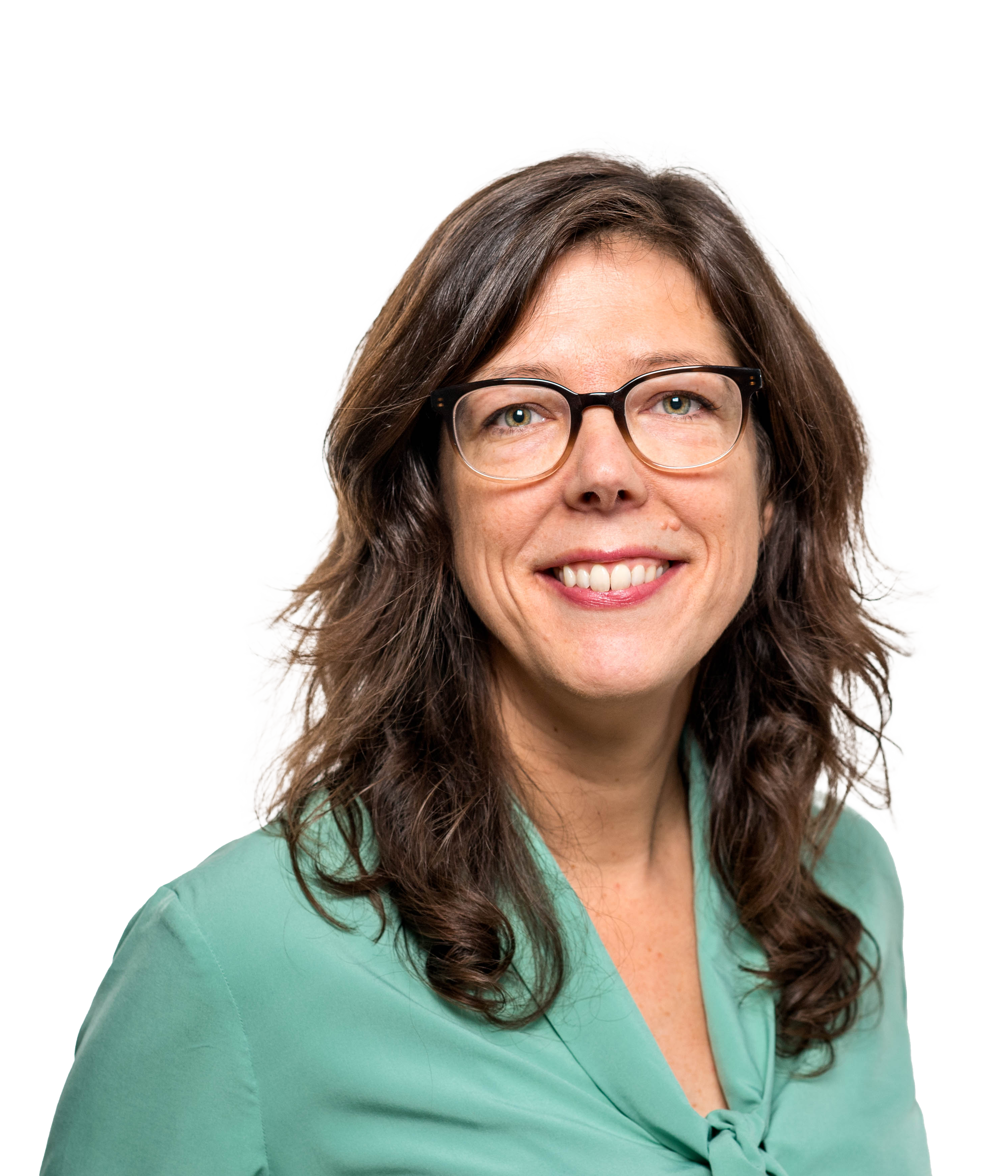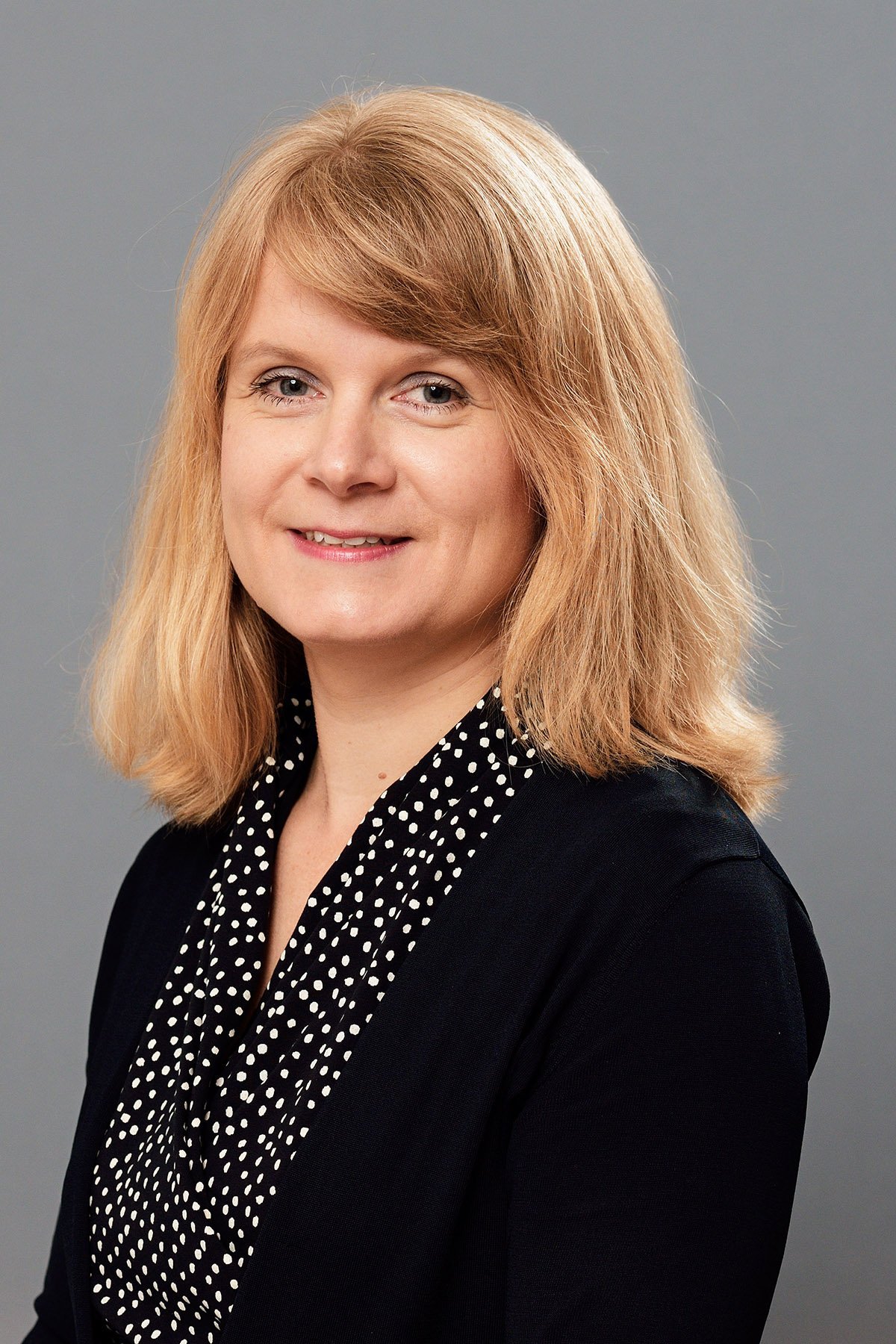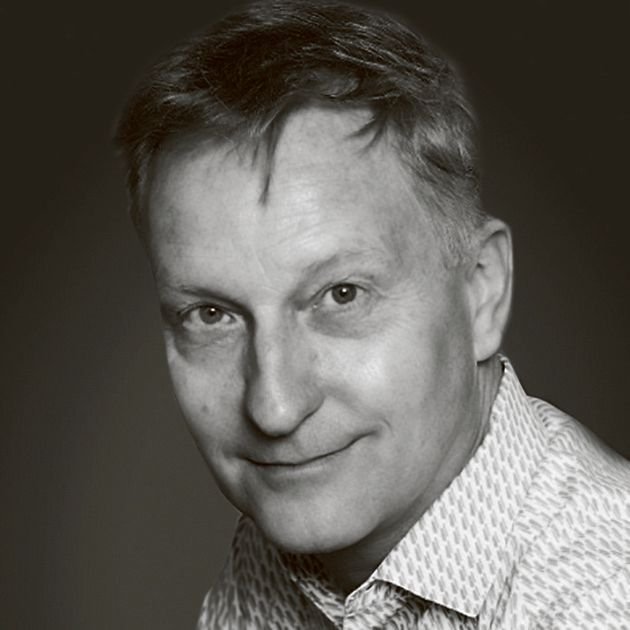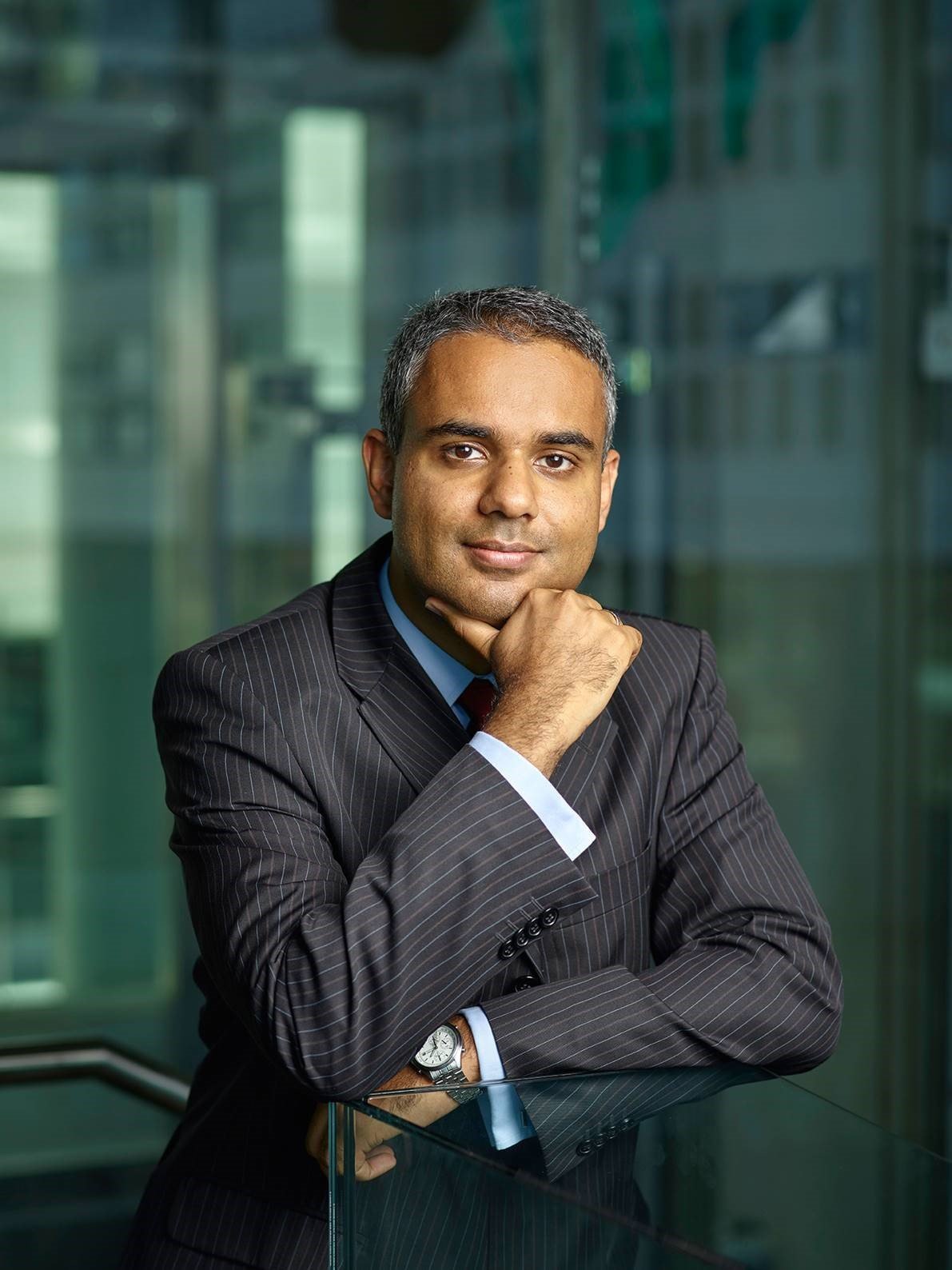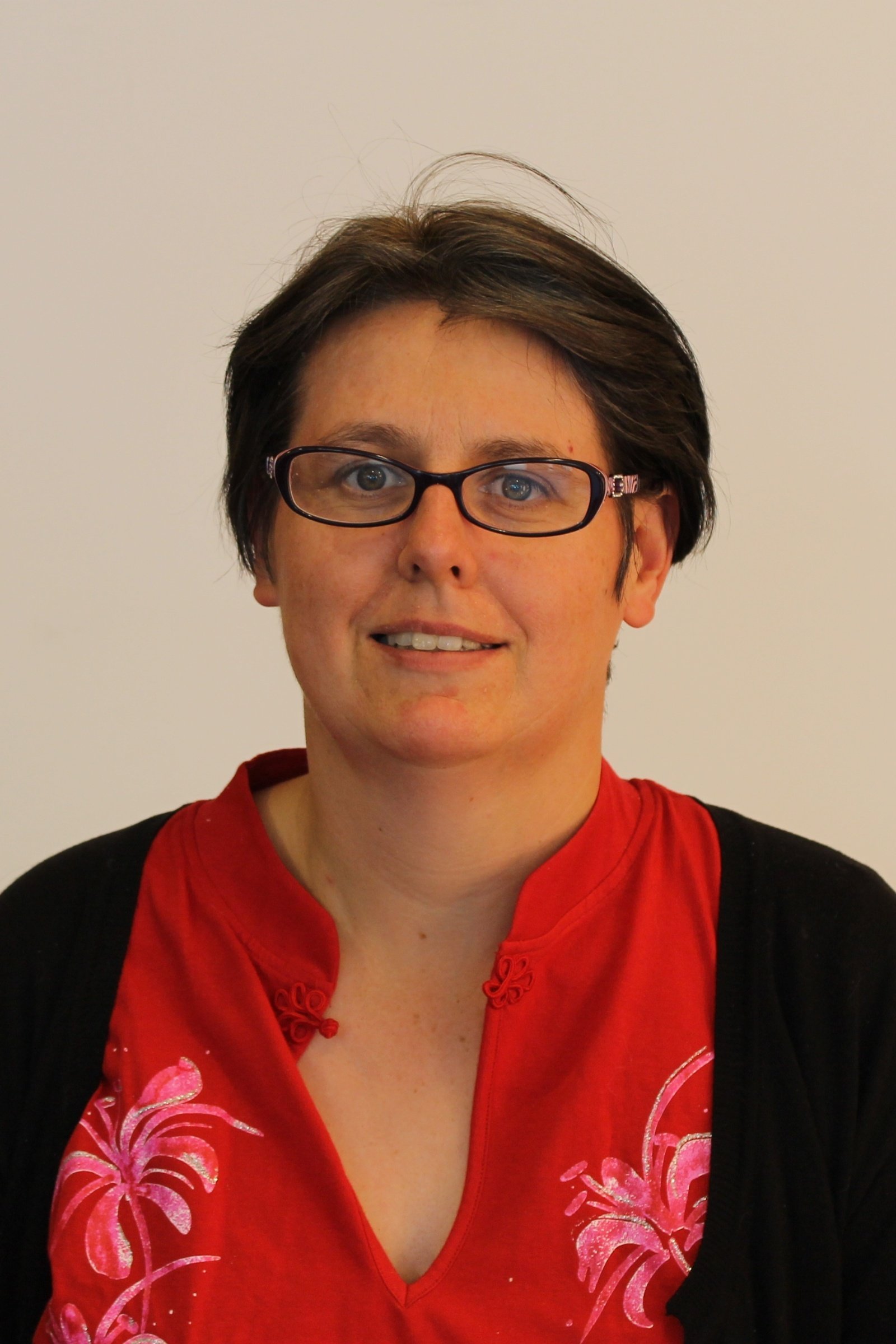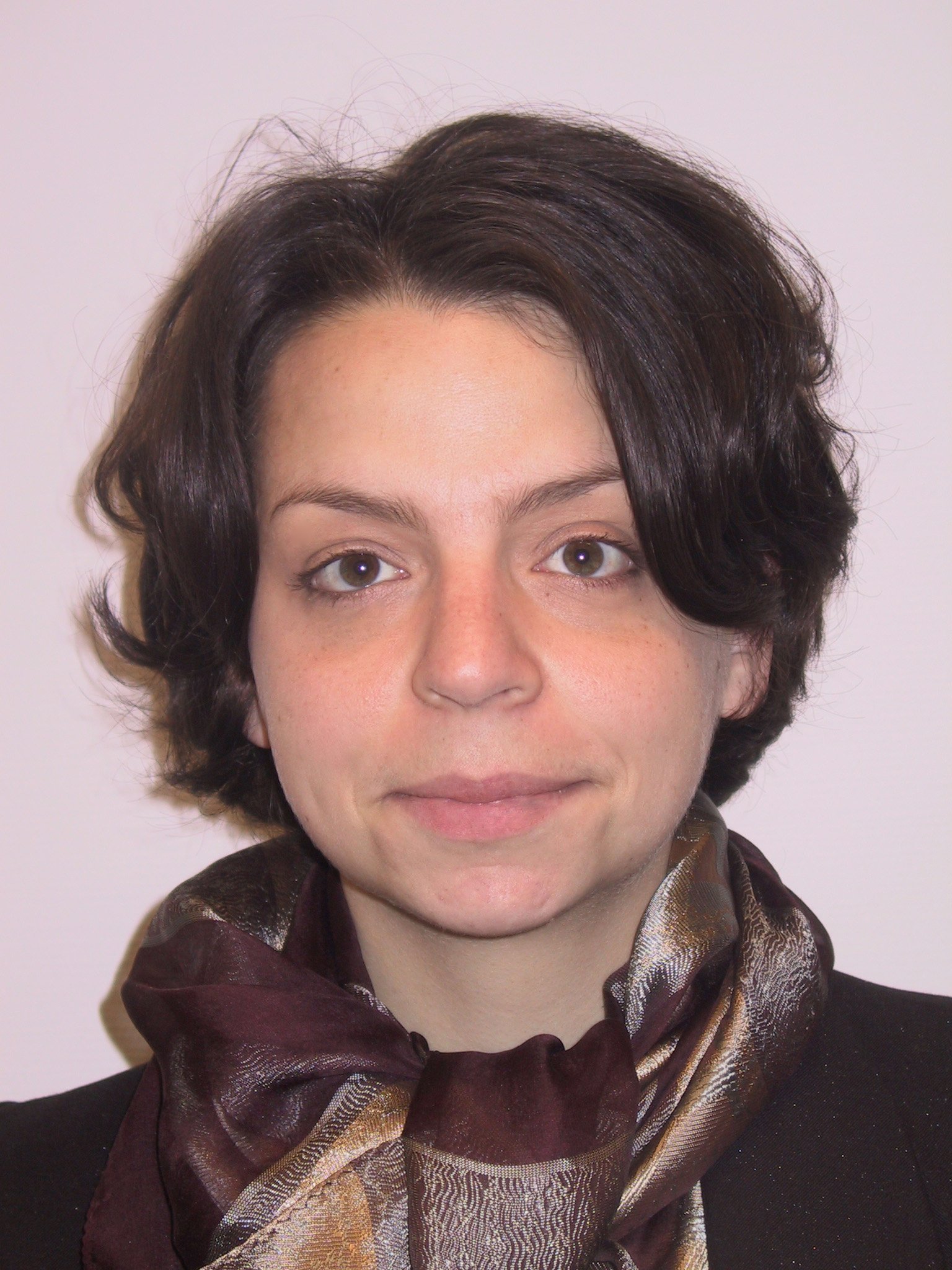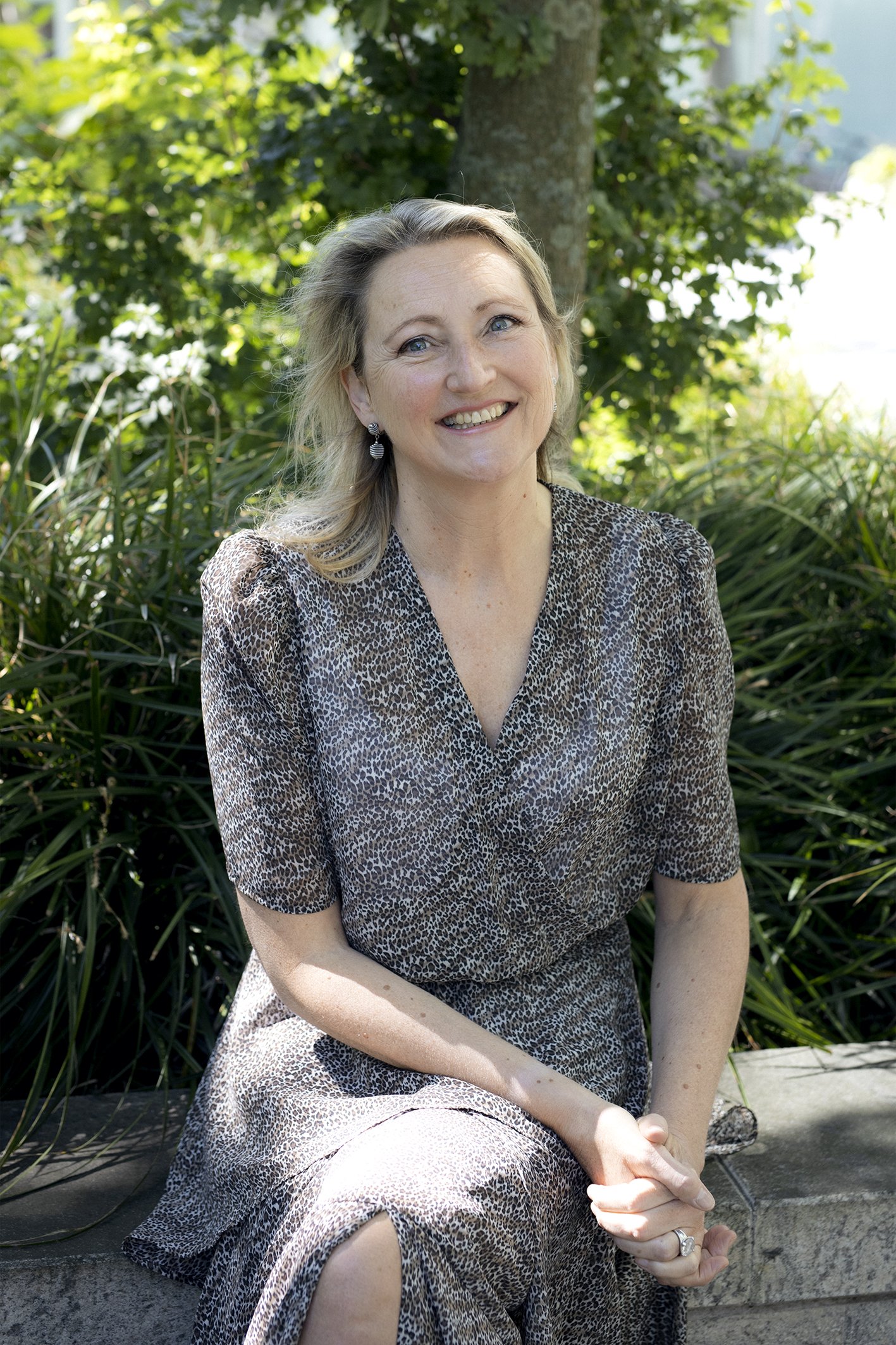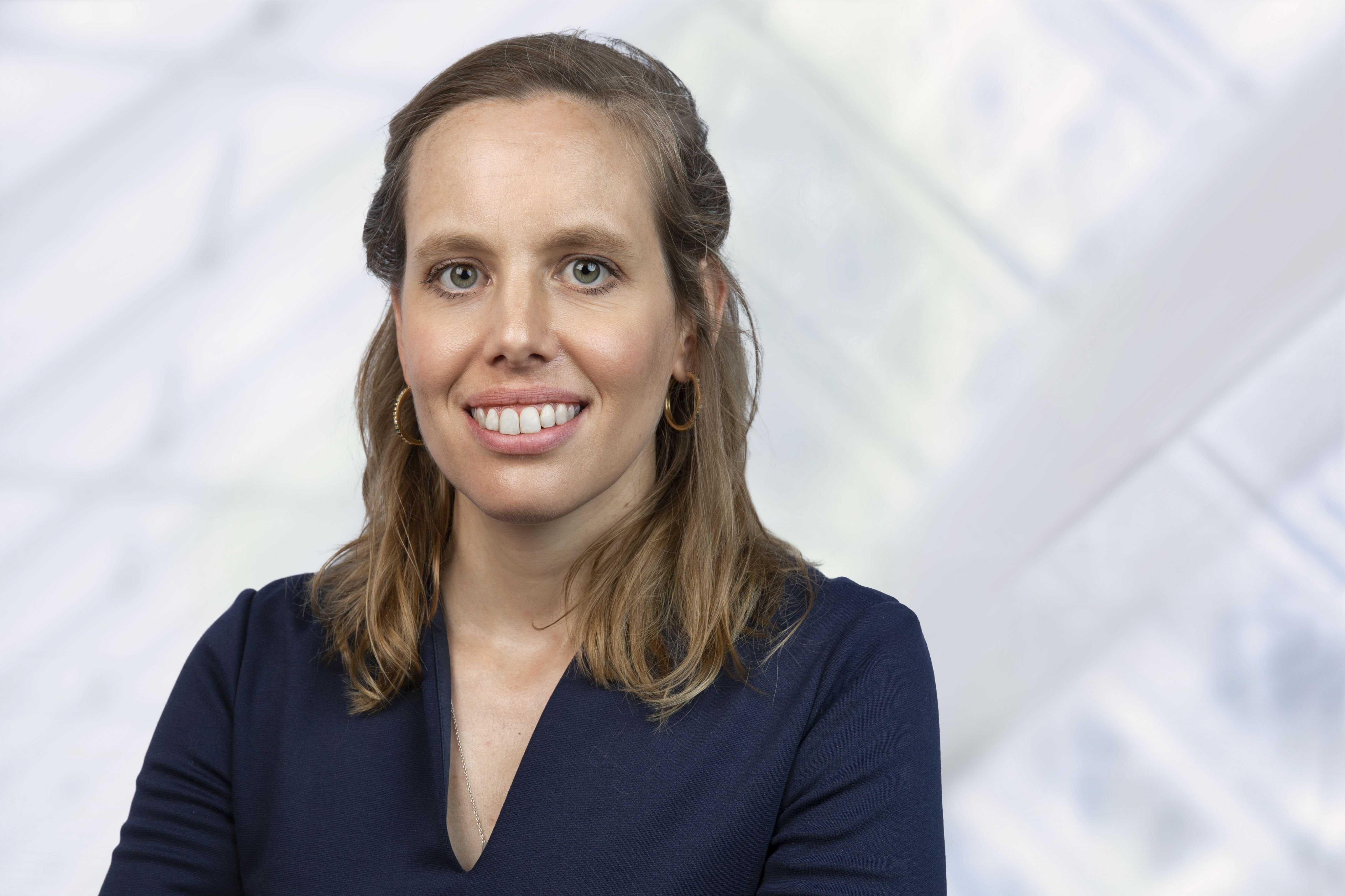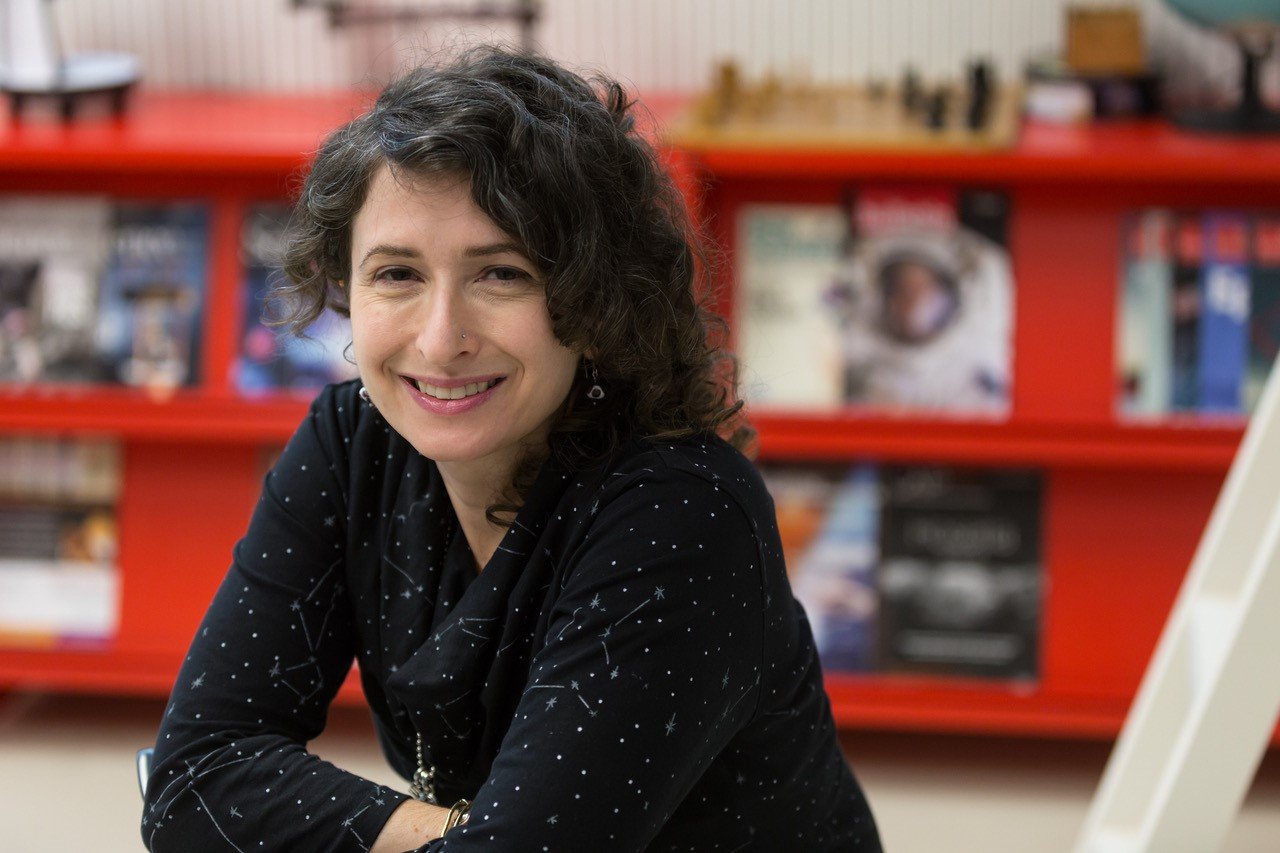De jury van de 2023-ronde van het l'Oréal-Unesco FWIS-programma bestaat uit de volgende leden:
De jury
Prof. dr. Sarah de Rijcke (voorzitter)
Sarah de Rijcke joined the Centre for Science & Technology Studies (CWTS) at Leiden University in the Spring of 2011, where she is currently Professor in Science, Technology and Innovation Studies and Scientific Director of the institute. Her long-term research interest is to examine the interactions between science governance and knowledge creation. She has a strong international reputation in Science and Technology Studies (STS), with specific training and expertise in social studies of research evaluation.
Sarah's research has been taken up by a host of international bodies. She recurrently acts as expert advisor in European and global science policy initiatives. Most recently, she was invited to represent the Netherlands in a high-level Unesco Expert Group to write a global recommendation on Open Science (2020-2021). In 2022, she became a member of the Netherlands Commission for Unesco.
She serves as Board member of the Netherlands Graduate Research School of Science, Technology and Modern Culture (WTMC) and as Council member of the European Association for the Study of Science and Technology (EASST). She is a member of multiple scientific advisory boards in Europe, including those of the Austrian Science Fund (FWF), the Institute for Advanced Studies in Vienna, and the Munich Center for Technology in Society (TU Munich).
Prof. dr. dr. Patricia Y.W. Dankers
Patricia Dankers is hoogleraar Biomedische Materialen in de Faculteit Biomedische Technologie en het Instituut voor Complexe Moleculaire Systemen, aan de Technische Universiteit Eindhoven (TU/e). Ze studeerde scheikunde aan de Radboud Universiteit Nijmegen, en verdedigde haar eerste promotieonderzoek binnen de supramoleculaire chemie en biomaterialen aan de TU/e in 2006. Daarna werkte ze bij het bedrijf SupraPolix in Eindhoven, en het laboratorium voor Pathologie en Medische Biologie in het Universitair Medisch Centrum Groningen. Ze verdedigde haar tweede proefschrift over nier regeneratie in de Medische Wetenschappen aan de Rijksuniversiteit Groningen in 2013. In 2010 werkte ze bij het ‘Institute for BioNanotechnology in Medicine’ aan ‘Northwestern University’ in Chicago, Amerika. Daarna vervolgde ze haar universitair docentschap aan de TU/e, en werd in 2014 benoemd tot universitair hoofddocent en in 2017 benoemd tot hoogleraar.
De missie van haar onderzoeksgroep is het opleiden van studenten en het uitvoeren van onderzoek binnen het gebied van de biomaterialen, supramoleculaire chemie en regeneratieve geneeskunde. Haar onderzoeksfocus ligt op het ontwerpen, synthetiseren en toepassen van nieuwe functionele biomaterialen die geïnspireerd zijn op de natuur. Ze is een Veni en Vidi laureaat (2008, 2017) en heeft een ‘ERC starting grant’ en ‘ERC proof of concept grant’ (2012, 2017) ontvangen. Ze was lid van de eerste Jonge Gezondheidsraad (2011-2013), en is sinds 2015 lid en sinds 2016 bestuurslid van de Jonge Akademie, KNAW. Daarnaast vindt ze het erg belangrijk om het bredere publiek te informeren en enthousiasmeren over wetenschap en het doen van onderzoek.
Prof. dr. Jan Willem Duyvendak
Jan Willem Duyvendak is Distinguished Research Professor of Sociology at the University of Amsterdam, after he had been director of the Verwey-Jonker Research Institute for Social Issues (1999-2003) and Professor of Community Development at the Erasmus University Rotterdam. With regard to his background training, he received his master’s degrees in both sociology and philosophy at the University of Groningen. Moreover, he did his doctoral research, which dealt with new social movements, at the University of Amsterdam. His main fields of research currently are the transformation of the welfare state, belonging and ‘feeling at home’, and nativism.
His latest books include The Politics of Home. Nostalgia and Belonging in Western Europe and the United States (Palgrave Macmillan, 2011), Crafting Citizenship. Negotiating Tensions in Modern Society (Palgrave Macmillan, 2012, co-authored with Menno Hurenkamp and Evelien Tonkens), European States and Their Muslim Citizens. The Impact of Institutions on Perceptions and Boundaries (Cambridge University Press 2014, co-edited with John Bowen, Christophe Bertossi, Mona Lena Krook), New York and Amsterdam. Immigration and the New Urban Landscape (NYU Press 2014, co-edited with Nancy Foner, Jan Rath and Rogier van Reekum) and Players and Arenas. The Interactive Dynamics of Protest (Amsterdam University Press 2015, co-edited with James M. Jasper), The Culturalization of Citizenship. Belonging and Polarization in a Globalizing World (Macmillan 2016, co-edited with Peter Geschiere and Evelien Tonkens.)
In 2013-2014, Duyvendak was Distinguished Fellow at the Advanced Research Collaborative at the Graduate Center of the City University of New York. In Spring 2016 he was Research Fellow at the Paris Institute for Advanced Studies. Since July 2017 he is Executive Committee Chair at Council for European Studies. Since January 1st 2018 he is director of the Netherlands Institute for Advanced Study in the Humanities and Social Sciences at the Royal Netherlands Academy of Arts and Sciences (NIAS-KNAW).
Prof. dr. Arfan Ikram
Prof. Ikram is hoogleraar en afdelingshoofd Epidemiologie aan het Erasmus MC, Rotterdam. Tevens is hij adjunct-hoogleraar Epidemiologie aan de Harvard University in Boston, VS, en is hij lid van De Jonge Akademie van de KNAW.
Zijn onderzoek richt zich op het ontstaan, preklinische hersenschade en prognose van dementie, waaronder de ziekte van Alzheimer. Met name is hij geïnteresseerd in hoe leefstijl, genetische factoren en multi-morbiditeit het beloop van deze ziekte beïnvloeden. Het uiteindelijke doel is een effectieve preventieve strategie te ontwikkelen tegen dementie. Voor zijn onderzoek maakt prof. Ikram gebruik van het ERGO-onderzoek, een grootschalig bevolkingsonderzoek in Rotterdam onder 15000 deelnemers van 45 jaar en ouder. Dit onderzoek loopt sinds 1990 en alle deelnemers worden elke 4 tot 6 jaar onderzocht.
Dr. Ikrams onderzoek was het allereerste wereldwijd dat liet zien dat het aantal nieuwe patiënten met dementie iets lijkt af te nemen in recente decennia. In vervolgonderzoek liet hij zien dat 1 op de 3 gevallen van dementie te voorkomen is door bekende leefstijl aanpassingen, zoals stoppen met roken, betere controle op bloeddruk, en gezond eten.
Naast zijn onderzoek naar dementie, richt prof. Ikram zich op de onderzoeksmethodologie, met name op de vraag aan welke randvoorwaarden voldaan moet worden om causaliteit uit correlatie te concluderen.
Prof. Ikram heeft subsidies ontvangen van Erasmus MC, ZonMW, TTW, Nederlandse Hartstichting, Hersenstichting, MS Stichting, BBMRI, ERC, EU JPND, IMI, NIH, Alzheimer Association, Stichting ParkinsonFonds, Int Stichting Alzheimer Onderzoek, Alzheimer Nederland, Janssen Prevention Center.
Dr. Gwénaelle Jegou
Gwénaelle Jegou holds a PhD in Chemistry from University Rennes 1 (France) in the field of organometallic catalysis and polymer science. During her professional career she held various international positions: she completed an International Graduate Course of Chemical Engineering at Kyoto University in Japan and was research associate at the University of Washington (Seattle, US) designing new polymers for applications in optoelectronic applications.
During the last 17 years, she has been an active researcher at L’Oréal in Paris in Research & Innovation, more specifically Chemistry and Materials science, where she was responsible for the design and synthesis of new materials and polymers for on-purposes personal care products in coordination with multinational teams (China, USA, Brazil and Japan). Currently she is working at the European Patent Office as Patent Examiner in Health Biotechnology and Chemistry Directorate She is the author of several patent applications. Creativity and innovation are her driving forces to turning science into products.
Prof. dr. Nathalie Katsonis
Nathalie Katsonis is a highly innovative and creative chemist who researches the molecular origins of functional movement in systems of interacting molecules.
She received her PhD in 2004, from the University Pierre et Marie Curie (Paris, France). Since April 2020 she is Professor of Chemistry at the University of Groningen (the Netherlands).
In integrating artificial molecular machines in soft matter, Katsonis has repeatedly demonstrated that she can break boundaries in the most fundamental sense. Among her seminal contributions was demonstrating that artificial molecular machines can be used to power robotic muscles. She is a pioneer in elucidating the molecular origins of functional motion across different length scales. Most recently, she has started a new research line, which aims at proposing chemically and geologically plausible pathways for the origin of lipids and proto-compartments, four billion years ago.
Her research is recognized internationally, as evident from competitive funding awarded to her (ERC-Starting/Consolidator, NWO-Veni/Vidi), invitations to speak at conferences across the globe, and her winning the Gold Medal of the Royal Netherlands Chemical Society.
Prof. dr. Kiki Lombarts
Kiki Lombarts is professor (2013) in physicians’ professional performance at the Amsterdam University Medical Centers, University of Amsterdam, the Netherlands. She is the founder and leader of the Professional Performance & Compassionate Care research group. She is a fellow at Stanford Medicine’s Presence Center, Stanford University, CA, USA. She is member of the non-executive board of governors of the Amphia Hospital (Breda, the Netherlands), member of the Senate of the University of Amsterdam, member of the ZonMW Program Committee on Gender & Health, member of the Advice Council of the Protestant Theological University, member of the Council of Recommendation of ‘Leading Doctors’ and member of the Committee of Patronage of PPP (Positive Perception Program) – Care.
Prof. dr. Frances de Man
Frances de Man is hoogleraar longziekten in het bijzonder rechter hartfalen bij pulmonale hypertensie in het Amsterdam UMC, Vrije universiteit Amsterdam. Ze studeerde bio-medische wetenschappen aan de Vrije Universiteit en verdedigde haar promotieonderzoek binnen de afdeling longziekten aan de Vrije Universiteit in 2010. Daarna werkte ze als post-doc onderzoeker aan de Universiteit van Parijs, om verder onderzoek te doen naar de rol van het renine-angiotensine-aldosterone systeem in patienten met pulmonale hypertensie. In 2011 keerde ze terug als post-doc onderzoeker bij de afdeling Longziekten en werd in 2013 aangesteld als universitair docent. In 2015 was ze fellow aan het Netherlands Institute for Advanced Study in the Humanities and Social Sciences (NIAS) door het verkrijgen van een L’Oréal for women in science / UNESCO research subsidie. In 2018 is ze benoemd tot universitair hoofddocent en sinds 1 december 2022 is ze benoemd als hoogleraar.
Het onderzoek van Frances de Man richt zich op het ontrafelen van de oorzaken van rechter hartfalen in pulmonale hypertensie om zo in de toekomst therapieën te kunnen ontwikkelen die rechter hartfalen zullen voorkomen. Daarnaast begeleid zij meerdere onderzoekers in opleiding en post-doc onderzoekers en geeft ze leiding aan het translationele PHEniX laboratorium. Daarnaast zet zij zich actief in om vrouwelijke wetenschappers verder te stimuleren. Dit doet zij enerzijds door mentor te zijn van jonge vrouwelijke onderzoekers, en anderzijds door zich uit te spreken over ongelijkheden die binnen het wetenschappelijk onderzoeksveld spelen. De laatste jaren heeft zij zich bijvoorbeeld hard gemaakt voor het recht op verlenging na ouderschapsverlof bij postdocs. Zij heeft er mede voor gezorgd dat de algemene arbeidsvoorwaarden binnen het AMC Medical Research BV zullen worden aangepast, en zij is nu in gesprek met verschillende partijen om dit recht op verlenging ook in de arbeidsvoorwaarden van de academische instituten vast te leggen.
Frances de Man heeft meerdere persoonlijke onderzoekssubsidies ontvangen waaronder een VENI (2013), een VIDI (2018) en senior post-doc Dekker subsidie van de Nederlandse Hartstichting. Daarnaast is ze betrokken bij nationale consortia van de Dutch Cardiovascular Alliance (PHAEDRA-IMPACT, DOLPHIN-GENESIS) en ontving ze in 2022 de Prix Galien Research award.
Prof. dr. Sera Markoff
Sera Markoff works at the interface of astrophysics and astroparticle physics with a focus on the most extreme objects in the Universe, black holes.
Originally from the USA, after a BSc in Physics at M.I.T. and a PhD in Theoretical Astrophysics at the University of Arizona in 2000, she moved to Germany as a Humboldt Research Fellow at the Max Planck Institute for Radio Astronomy. After that she returned to M.I.T. as a (US) National Science Foundation Astronomy & Astrophysics Postdoctoral Fellow, and then started as faculty at UvA's Anton Pannekoek Institute for Astronomy in 2006, where since 2017 she is professor of Theoretical High-Energy Astrophysics. She has been awarded several prestigious personal research awards such as the NWO VIDI and VICI, and was co-PI of the seven-institute EU-FP7 Marie Curie Initial Training Network “Black Hole Universe” (2008-2012). In 2014, she was named a Fellow of the American Physical Society, and in 2015 she was the Tinsley Centennial Visiting Professor at University of Texas, Austin.
Sera finds community organisation, activism and outreach important. She helped set up the Gravitation and Astroparticle Physics Amsterdam (GRAPPA) Centre of Excellence at UvA. She helped found the Women in the Faculty of Science (WiF) network at UvA, along with Prof. Marian Joëls, in 2007, and helped initiate the successful MacGillavry Tenure-track Fellowship for women. She enjoys engaging the public, and beyond giving talks also carries out structural activities with elementary school children from diverse backgrounds. She was awarded the Willem de Graaff prize from the Royal Netherlands Astronomical Society in 2019 for her public outreach activities.
